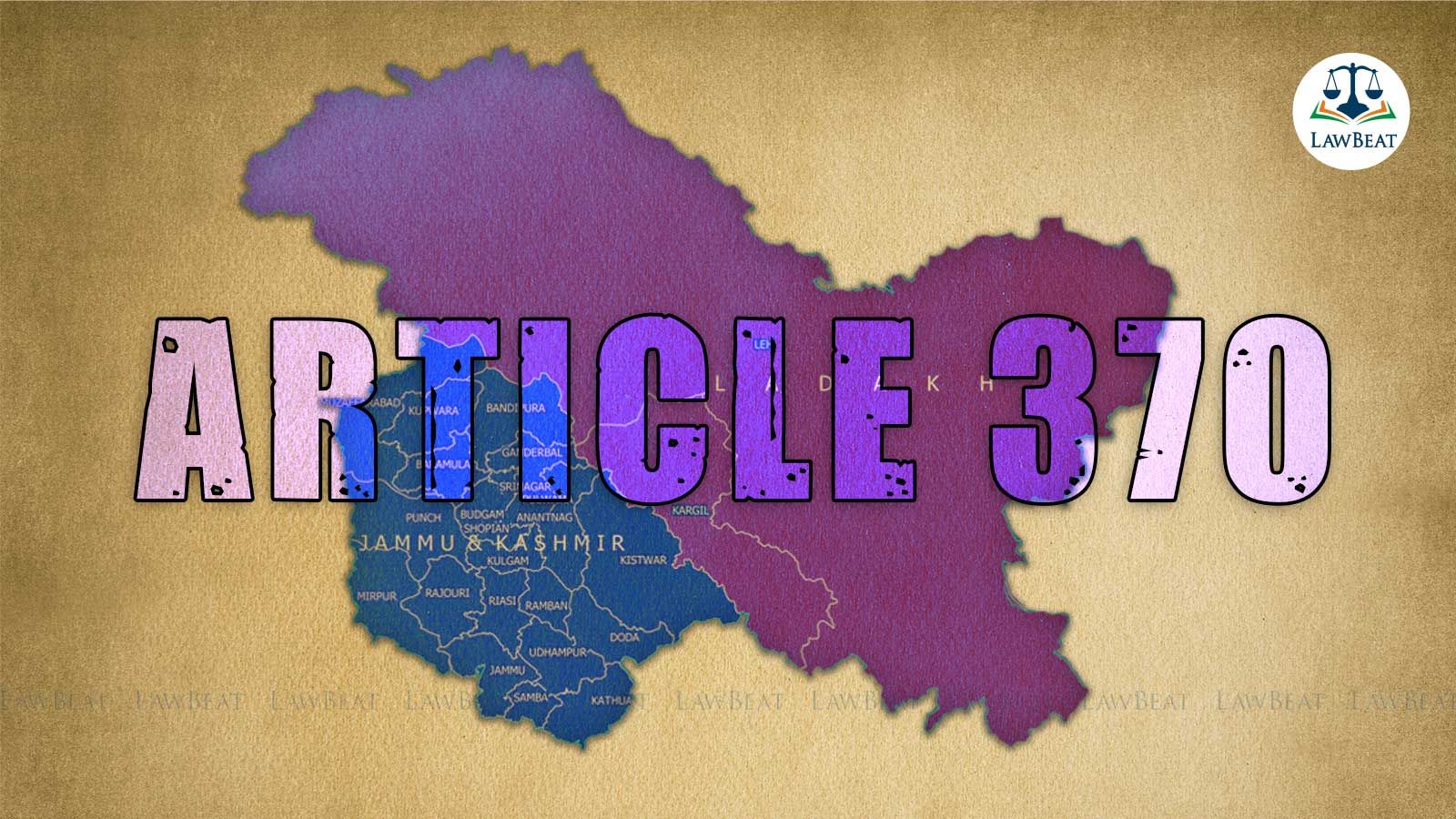Bombay High Court Refuses To Quash FIR Against Jammu Professor Who Put Up Whatsapp Status Against Article 370

The high court refused to quash the FIR while noting that prima facie it seemed that the WhatsApp status had an impact on the minds of different groups.
A division bench of the Bombay High Court comprising Justice Sunil B Shukre and MM Sathaye has recently refused to quash the FIR registered against a professor by the Kolhapur police for putting up a WhatsApp status regarding the abrogation of Article 370.
The division bench observed that in sensitive matters dissenting views should be expressed after analysis of the whole situation and providing the reasons for the criticism made.
“We may add that at least in sensitive matters any critical words or dissenting view must be expressed after proper analysis of the whole situation and must provide for the reasons for which the critic or dissent is made. This is all the more so, when the emotions and sentiments behind a particular thing or aspect being criticised run high with different shades and hues among different groups of people. In such a case, the criticism, disagreement; difference of opinion, dissent, whatever one may choose to call, must be, expressed upon an in-depth analysis and accompanied by reasons, so that the appeal that such critique makes is not to the emotions of groups of people but to the reason; the logic; the rationale of the groups of people,” the order read.
The high court was hearing a plea filed by Prof. Javed Hajam who sought quashing of the FIR against him. Javed was booked under Section 1153-A of the Indian Penal Code for promoting enmity between different groups.
The professor had put up two statuses on WhatsApp which said (1) August 5 Black Day Jammu & Kashmir under the caption “Article 370 was abrogated, we are not happy” and (2) 14th August Happy Independence Day Pakistan. Based on this, the Kolhapur police registered an FIR against the professor.
The court opined that there was nothing wrong about celebrating the independence day of the other country but the message about Article 370 needed to be considered.
“This is not so about the other status message celebrating independence day of Pakistan. In respect of this message, we do not think that the message would be covered by Section 153-A of the IPC as no reasonable person with strong mind would see anything wrong in celebrating Independence Day of other countries without denouncing celebration of Independence Day of ones own country, which is the case here. But, about the first message proclaiming 5th August as a black day of India, we feel that there is something which needs consideration on merits of the matter,” the order stated.
The high court while refusing to quash the FIR against the professor said that prima facie it did seem that the message would have an impact on the mind of different groups.
“Such is the importance of criticism based upon critical analysis and same being not here, now it would be required to be examined on merits; if the whatsapp status message in question, really brought about the consequences contemplated under Section 153-A of IPC or not, which would be possible only upon appreciation of evidence, which is a stage of trial. As of now, prima-facie it does seem to be having such impact on the mind of different groups of people, for the reasons stated just now, and hence prima-facie constitutes the offence under Section 153-A of IPC,” the order noted.
Case Title: Mr. Javed Ahmed Hajam vs State of Maharashtra
